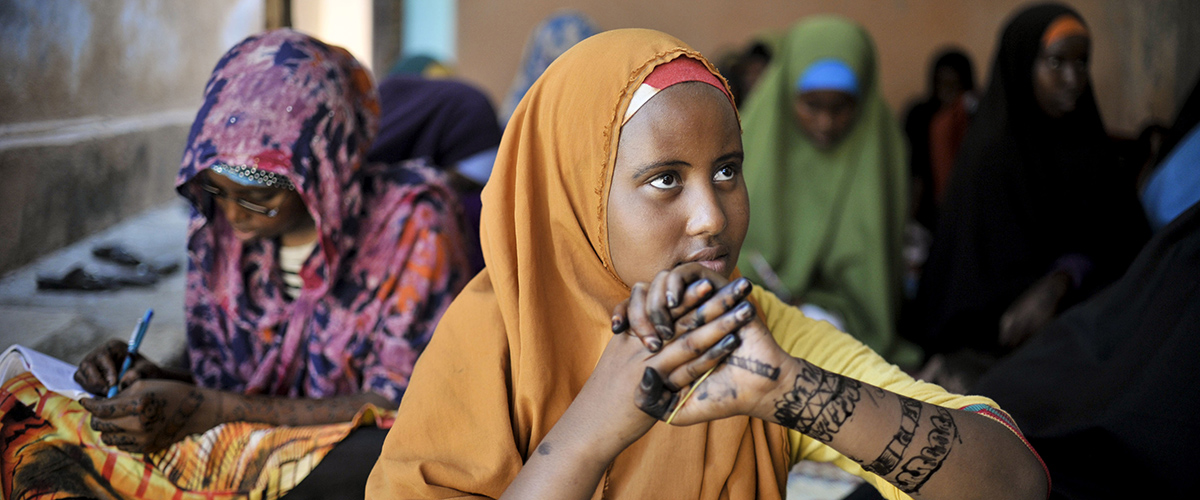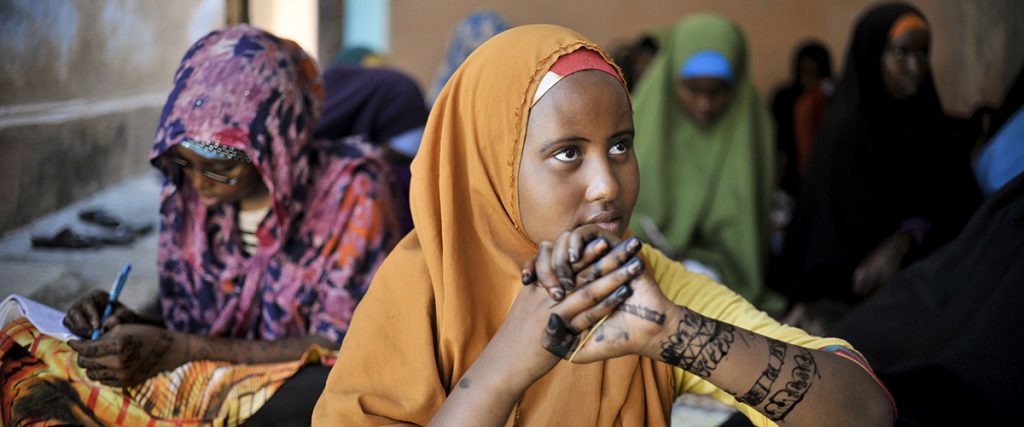In Sierra Leone, cases involving the abuse of women have rarely been prosecuted. Spousal abusers, child abusers and even rapists have, too often, walked free.

A group of lawyers and judges — all of them female — has decided to take action to change that.
“We’ve seen a lot of issues affecting our women and girls in our society, and we believe that, with the expertise that we have, we can make a difference by rendering services to the women and children who need it most,” said Fatmata Sorie, an attorney and president of the group Legal Access through Women Yearning for Equality Rights and Social justice (LAWYERS).
The group was founded 22 years ago and offers pro bono legal work to those in need. One of the founding members was Patricia Kabbah, a former first lady of Sierra Leone and a lawyer herself.
LAWYERS has about 50 members, and Sorie says they discourage out-of-court settlements in rape cases, preferring to prosecute attackers to the full extent of the law. They also prosecute accessories to the crime. The group conducts outreach to families, encouraging people to break their silence about sexual violence.
“We also start within our homes because, in most homes, we don’t sit down as parents, as families, to discuss issues,” she said. “So most of the time the children, the women, are not aware of the signs and symptoms. They’re not aware of anything until it had fully happened, so the conversation has to start from the bottom up.”
According to the Rainbo Initiative, a Sierra Leonean organization that helps survivors of gender-based violence, 93 percent of victims treated are younger than 17 years of age, and 24 percent are younger than 11.
“We believe the most prominent impact so far is that we will have more numbers coming out because people feel more comfortable coming up to report these cases,” Sorie said. “And we also have a situation where the regulations are passed based on the declaration that was made by the president. The process for prosecuting sexual penetration and rape cases would be much shorter based on the instruction and the directives.”
The president also created a special police division to handle rape cases. But Sorie believes there is more work to be done. She would like to see the maximum penalty for rape increased to life in prison from the current limit of 15 years and wants stronger witness-protection programs. She also said the nation needs additional medical facilities to treat rape victims and forensics labs to test DNA samples.
“We need to keep the fight going and to curb this menace within our society,” she said.

